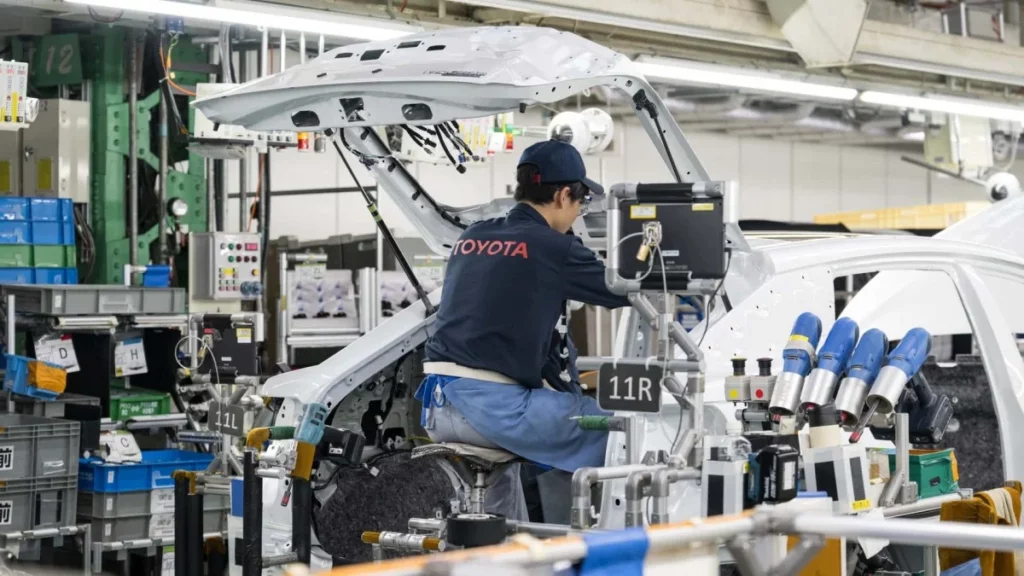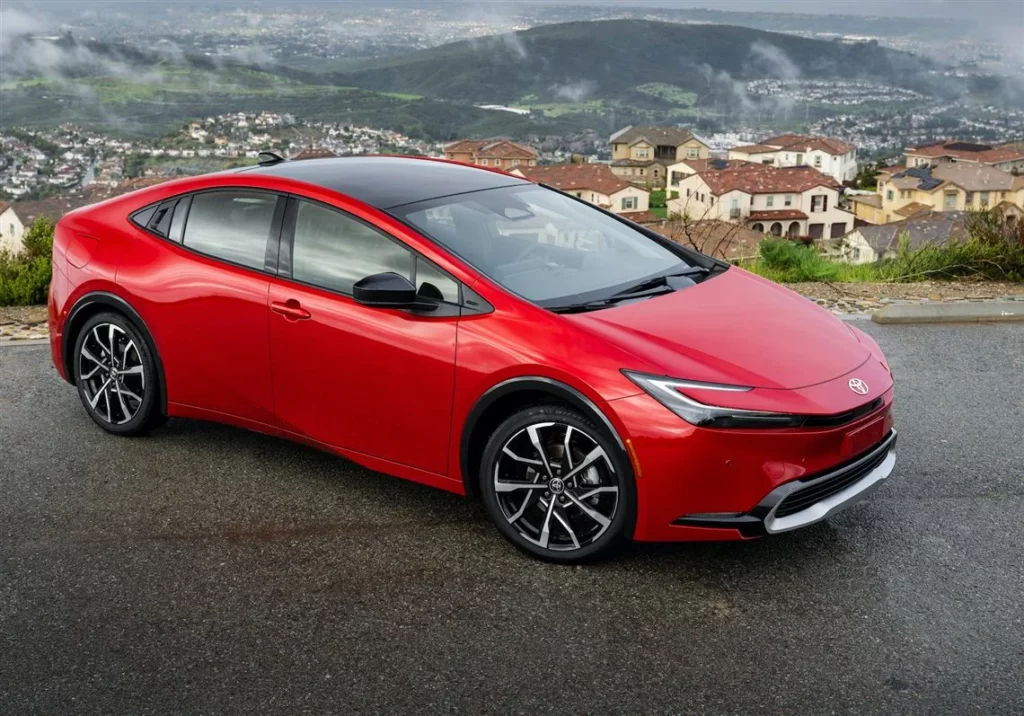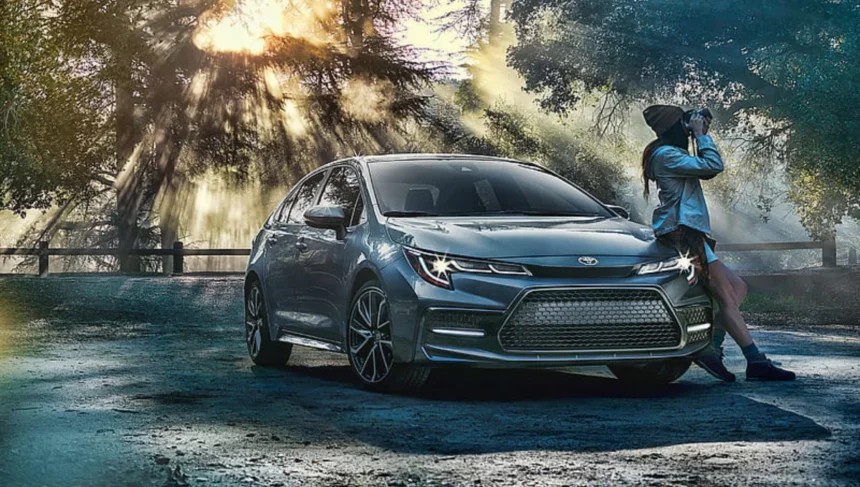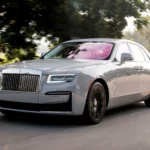In an interview with Automotive News, Toyota’s CEO, Ted Ogawa, made headlines by sharing his perspective on the future of electric vehicles (EVs) in the United States. Ogawa believes that by 2030, EVs will only make up 30% of the new vehicle market in the US, a figure significantly lower than the 50% target set by the Environmental Protection Agency (EPA) last year.
Prioritizing Customer Demand
Ogawa highlights Toyota’s commitment to meeting customer demand, which he sees leaning more towards various forms of electrification, particularly hybrids with traditional gasoline engines. This approach reflects Toyota’s strategy to cater to consumer preferences while navigating regulatory requirements.
Despite this stance, Toyota is actively investing in the future of automotive technology. The company is constructing a $13.9 million battery complex in North Carolina to support EVs and hybrids in North America. Additionally, since 2021, Toyota has injected approximately $17 billion into its US manufacturing operations, significantly focusing on hybrid production.

Despite being a major player in the automotive industry, Toyota’s EV sales remain relatively low, accounting for less than 1% of total sales last year. This raises questions about Toyota’s confidence in its ability to compete in the growing EV market. However, Ogawa reassures that Toyota is committed to catching up, both in terms of product offerings and in developing a comprehensive ecosystem around EVs.
“I know that EPA is now reconsidering what the regulation level should be. However, again, our starting point is what the customer demand should be. So, for example, 2030 regulations said the new-car market, more than half of it should be BEV, but our current plan is like 30%,” Ogawa said. “We are respecting the regulation, but more important is customer demand.” (via electrek.co)

While some may view Toyota’s stance as conservative, it’s important to understand the strategic factors. Price competitiveness, particularly against emerging Chinese automakers, poses a significant challenge for Toyota. Additionally, environmental groups have criticized Toyota’s focus on hybrids, urging the company to prioritize fully electric solutions.
As the automotive industry evolves, Toyota finds itself at a critical juncture. Balancing its legacy as a hybrid pioneer with the need to adapt to an increasingly electrified landscape presents challenges and opportunities. While Ogawa’s approach may seem cautious, it reflects Toyota’s commitment to sustainable growth and long-term success in the ever-changing automotive market.









